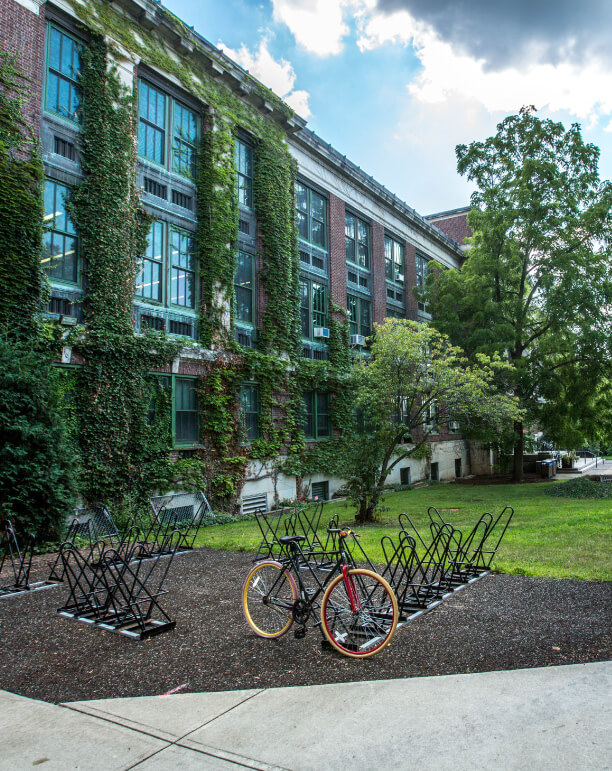Security, peace, and sustainable development in a troubled world
Prishtinë: 12.09.2024 - 12.09.2024
Type: International (online) conference
Organizers:
The Faculty of Public Administration, The Faculty of Law & The Faculty of Economics AAB College, Pristina, Republic of Kosovo
in partnership with:
Russia’s aggression in Ukraine, in addition to bringing war back to Europe, has once again highlighted the impotence of UN peacekeeping and raised fear and uncertainty among Ukraine’s neighboring countries, some of which are NATO members. This aggression has also demonstrated that Europe no longer fears the “Red Army,” but rather the Russian nuclear threat. In addition to the violation of international law, with Russia’s occupation of significant parts of a sovereign state’s territory, the Russian aggression against Ukraine should be considered one of the most recent and relevant examples of the far-reaching effects of armed conflicts on global economies and financial markets (Pisera et al., 2024). Due to the Russian military actions, Western Europe imposed sanctions. However, these sanctions revealed the West’s unpreparedness in securing energy resources, especially gas. The Visegrad countries (Czech Republic, Hungary, Poland, and Slovakia), deeply dependent on Russian energy, reassessed their geopolitical and energy positions (Zuk et al., 2023). Meanwhile, Germany, which had enjoyed Russian energy benefits for decades, found itself facing a situation widely perceived as a “Zeitenwende,” a significant moment of distrust towards German foreign policy and security concerning Russia (Bunde, 2022).
The economy, however, faced its most significant financial crisis with a rapid increase in inflation, leading to soaring prices across all products, reduced welfare, and a higher cost of living. Russian aggression in Ukraine prompted states to adopt more aggressive geopolitical and economic strategies to safeguard their systemically important industries and reduce dependence on third countries (Goghie, 2024). This aggression has also significantly impacted the countries of the Western Balkans, despite their underdeveloped economies. Citizen welfare now carries a prohibitive cost, necessitating these countries’ governments to implement stringent anti-inflationary measures to achieve financial and budgetary stability.
The administrations of European countries have played an important role in coping with the crisis caused by Russian aggression. They have been essential in implementing economic sanctions and coordinating joint responses with international partners. The Israel-Gaza war, on the other hand, has affected the conscience of students in Europe and the USA. Meanwhile, Israel is challenging the calls and decisions of the International Criminal Court (ICC), which demands the arrest of the leader of Hamas and the Prime Minister of Israel, as well as the arrest of Putin for crimes in Ukraine. Several European countries have recognized the state of Palestine, while the challenge of international justice remains concerning when those accused of crimes will be able to appear before international justice courts.
Meanwhile, the Balkan region in Europe remains troubled, with authoritarian leader Dodik threatening the Dayton Peace Agreement and Serbia reluctant to reach an agreement with Kosovo. The United Nations General Assembly has approved a resolution declaring July 11 as the International Day of Remembrance for the Victims of Genocide in Srebrenica, thus recognizing the crimes committed by Serbs in Bosnia. Furthermore, authoritarianism is on the rise in the Western Balkans (Bieber, 2020), while Moscow continues to vie for influence in the region (Panagiotou, 2021). Serbia, the sole country in the region yet to impose sanctions on Russia for its aggression against Ukraine, has strengthened its strategic ties with Moscow. According to the Russian Council on International Affairs, the main principles of Russian foreign policy are to prevent as much as possible the expansion of NATO in the Balkans, keep the region as a bargaining chip for negotiations with Brussels, and maintain the notion of Slavic brotherhood and religious unity (Entina & Pivovarenko, 2019; Panagiotou, 2021).
The disputes in the Balkans remain unresolved. Kosovo and Serbia continue fruitless negotiations, while North Macedonia remains stagnant due to internal identity tensions concerning Bulgaria. The government and the new president of North Macedonia, emerging from the last elections, have declaratively challenged the agreements with Greece and expressed rigidity regarding the conclusion of the dispute with Bulgaria in the EU rapprochement process.
Kosovo, which is still not recognized by all EU countries, now has visa-free travel but remains far from EU integration, partly due to Serbian obstacles.
Therefore, the purpose of this conference is to bring together researchers, policymakers, and professionals from international relations, international law, economics, and related fields to analyze the challenges of security, justice, and economic sustainability in a troubled world.
In this respect, we invite those interested to submit an abstract addressing the above issues and the following topics, but not limited to them:
following topics, but not limited to them:
– International justice in a conflictual world;
– Crimes against humanity in the 21st century, challenges and specifics;
– Inflation and the difficulty of well-being after the Russian aggression;
– Challenges of sustainable economic development in the region;
– Government measures to mitigate inflation;
– The importance of budget reserves in times of crisis;
– North Macedonia amid the identity crisis, neighborhood problems, and the EU;
– Albania and Kosovo as a stability factor in the region;
– Challenges with the workforce in the Balkans after the lifting of visas;
– Disinformation and hybrid warfare;
– Emerging technologies and security implications;
– Geostrategic changes and global security;
– Dynamics of regional security;
– International Criminal Law and responsibility;
– Reconceptualization of collective security in Europe;
– Security or Justice, the prevailing relationship, as a reflection of the war in Ukraine;
– Peace negotiations and conflict resolution;
– Political dynamics and ideological changes in Europe;
– Peace and mediation in domestic and international conflicts
– Immigration policies and their impact on regional stability;
– Reform in justice systems to ensure equality and social justice;
– Security challenges cybernetic;
– Peace and security in the Balkan region;
– Reconciliation and peacebuilding after conflicts: practices and experiences of public administrations
– Public administration and the challenges of Euroscepticism in the Western Balkans
Keynote speakers
Professor Edward P Joseph, Johns Hopkins University, Washington, USA
Stability and conflict resolution in the Balkans, specifically for relations between Kosovo and Serbia

Scientific Committee
– Prof. Asst. Dr. Mentor Lecaj, AAB College, Kosovo
– Prof. Asst. Dr. Vrullim Buja, AAB College, Kosovo
– Prof. Asst. Dr. Medain Hashani, AAB College, Kosovo
– Erjon Hitaj, PhD, Universitety of Vlora “Ismail Qemali”, Albania
– Prof. Assoc. Dr. Hasan Saliu, AAB College, Kosovo
– Albana Metaj-Stojanova PhD, (docent), South East European University, North Macedonia
– Prof. Assoc. Dr. Bashkim Rrahmani, AAB College, Kosovo
– Prof. Assoc. Dr. Besim Ziberi, AAB College, Kosov
The organizing committee
– Prof. Assoc. Dr. Hasan Saliu, AAB College, Kosovo
– Prof. Asst. Dr. Mentor Lecaj, AAB College, Kosovo
– Prof. Dr. Adnan Jashari, South East European University, North Macedonia
– Prof. Asst. Dr. Vrullim Buja, AAB College, Kosovo
– Prof. Asst. Dr. Fatmir Qollakaj, AAB College, Kosovo
– Albulena Brestovci, PhD Cand., AAB College, Kosovo
– Qëndresa Kukaj, PhD Cand., AAB College, Kosovo
Important dates:
Abstract submission deadline: July 31, 2024
Response to abstracts: August 20
Conference date: September 12, 2024
Participation: Free of charge
Method of presentation: In-person and online (Google Meet)
Accepted abstracts will be published in the Book of Abstracts with ISBN
Email: [email protected]















